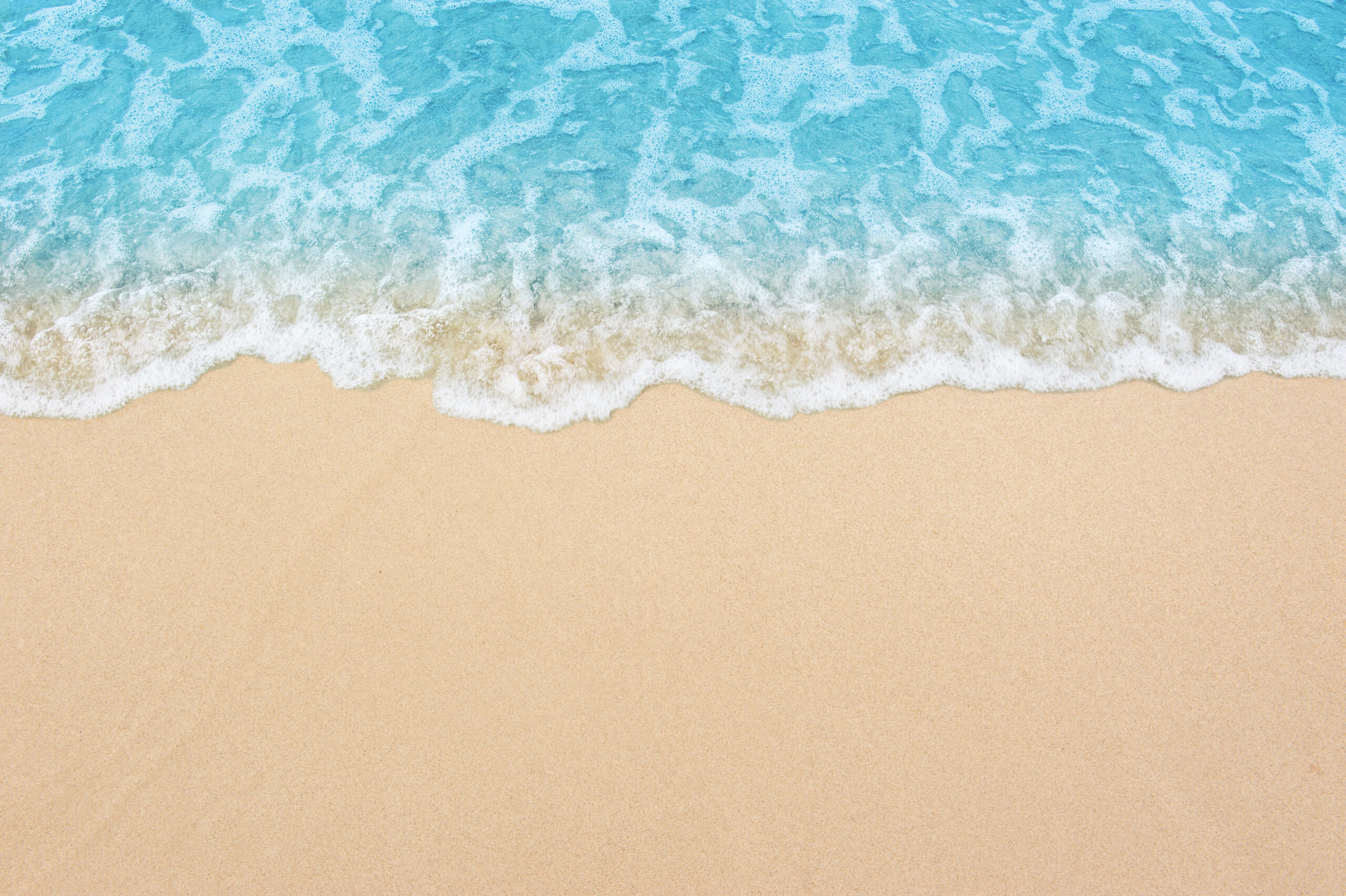Why can’t you just add sea salt to a pool?
I was recently asked this question by a visitor to this website. I appreciated the question because it was one that I wondered about when I first bought my house with a salt water pool back in 2006.
How can an ocean stay clean with salt water but a salt water pool needs an expensive salt water chlorinator?
A salt water chlorinator converts dissolved salt into chlorine through electrolysis which sanitizes the water.
In the ocean, the high salinity levels and the presence of natural organisms and processes, such as sunlight and wave action, help to keep the water clean and prevent the growth of algae and bacteria without the need for additional chlorination. The ocean’s vast volume and natural ecosystem maintain its water quality without the need for human intervention in the form of a chlorinator.
This is why a salt water pool has nice crystal clean water and many oceans don’t. Of course, not all oceans have crystal clean water either….
Let’s take a closer look at the subject of salt content in water and what it does.
Why can’t you just add sea salt to a pool?
If the ocean remains clean enough to swim in, why can’t we just add sea salt to our pool and be done with it? Why do we also need a salt water chlorination system?
A salt water chlorination system converts dissolved salt to chlorine. It sanitizes the water to keep it crystal clear so you can see to the bottom of the pool.
You can’t always say the same thing about a natural body of water with salt water in it, though.
The salt in the ocean is just that: Salt water. There is no chlorine produced.
While ocean water may (depending on the body of water) be clean enough to swim in, you certainly wouldn’t want to drink it.
Some bodies of water have crystal clear beaches and water like the graphic at the top of this page. Others don’t. It depends on the local conditions.
Bodies of water that have large amounts of living organisms in them tend to be cloudier and murkier. Sediment makes water murkier too. It doesn’t necessarily mean it’s dirtier, it just looks that way.
The key to remember about a salt water chlorination system is that it sanitizes the water to kill bacteria and keep it clean for swimming. Otherwise, the water would turn green with algae as there is nothing in the pool – unlike the ocean – that can help to filter it.
And no, adding salt to a pool without a chlorinator won’t do anything at all.
Oceans have a higher salt content than a salt water pool
An ocean has salt content of around 35,000 ppm (parts per million).
A salt water pool requires salt content of between 2700 ppm and 3400 ppm depending on the chlorinator you own. Check out my pages on Salt Water Pool Chemistry Charts (Water Balancing) and Saltwater Pool Chemistry (Ideal Levels Chart 101) for more.
So a salt water pool has around 9% the salt content of the ocean.
Clearly, it’s not just the salt alone that is cleaning anything otherwise oceans would be sparkling. A salt chlorinator only needs a low salt content (relatively speaking) to have enough to convert to chlorine.
Summary
While the relatively high salt content in the ocean is helpful for maritime life that needs it to survive, a much lower salt content is required in a salt water pool to function. A salt water chlorinator in a pool requires a lower level of salt in the 2700 ppm – 3400 ppm range to convert it into chlorine to sanitize the pool water.
While the ocean naturally has a higher salt content of 35,000 ppm, you only add a much smaller amount of salt to your pool to produce chlorine. Salt water chlorinators are quite efficient in that regard and it’s why you don’t actually taste the salt in the pool water if you accidentally drink it!
Want to learn more?
Check out my articles called Is My Pool Salt Water Or Chlorine (How To Tell) and How Does A Saltwater Pool Work to learn more about the workings of salt water chlorination systems!


